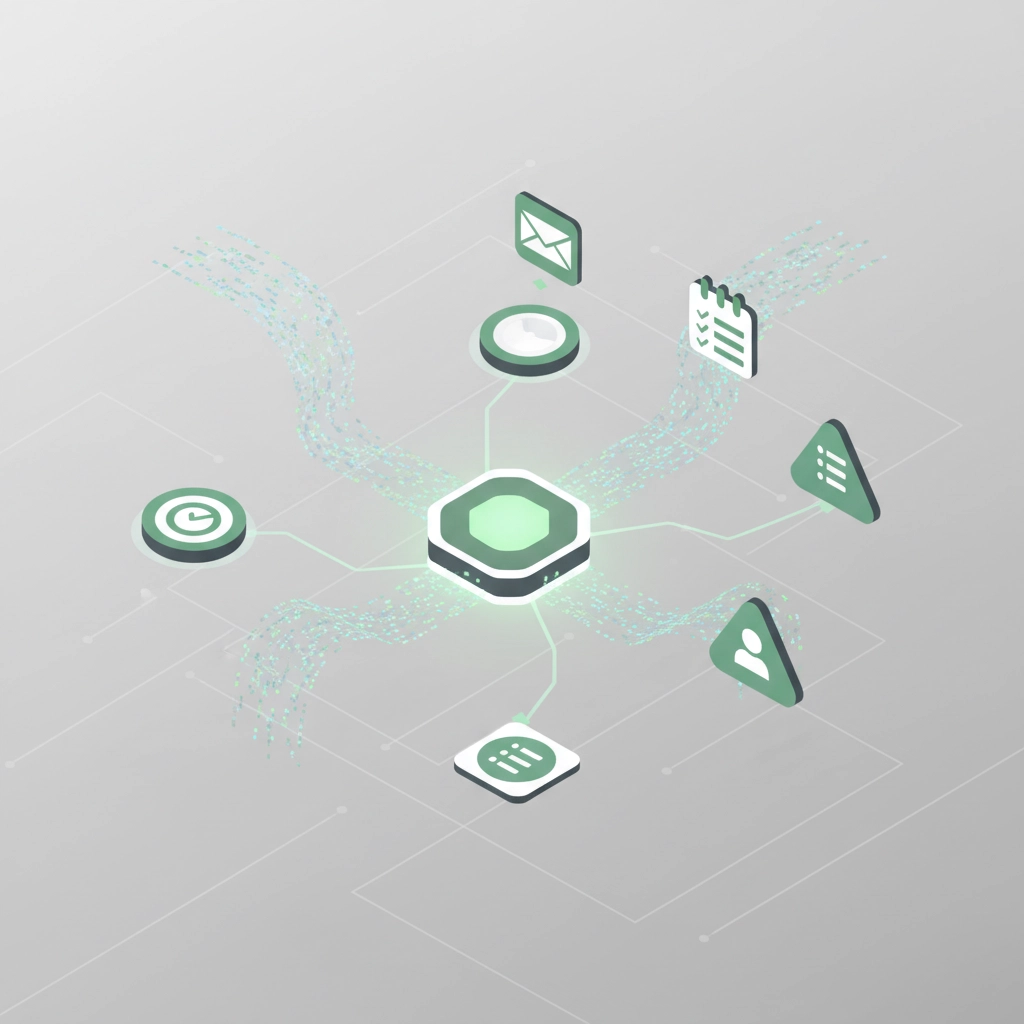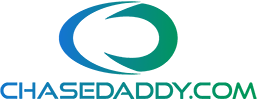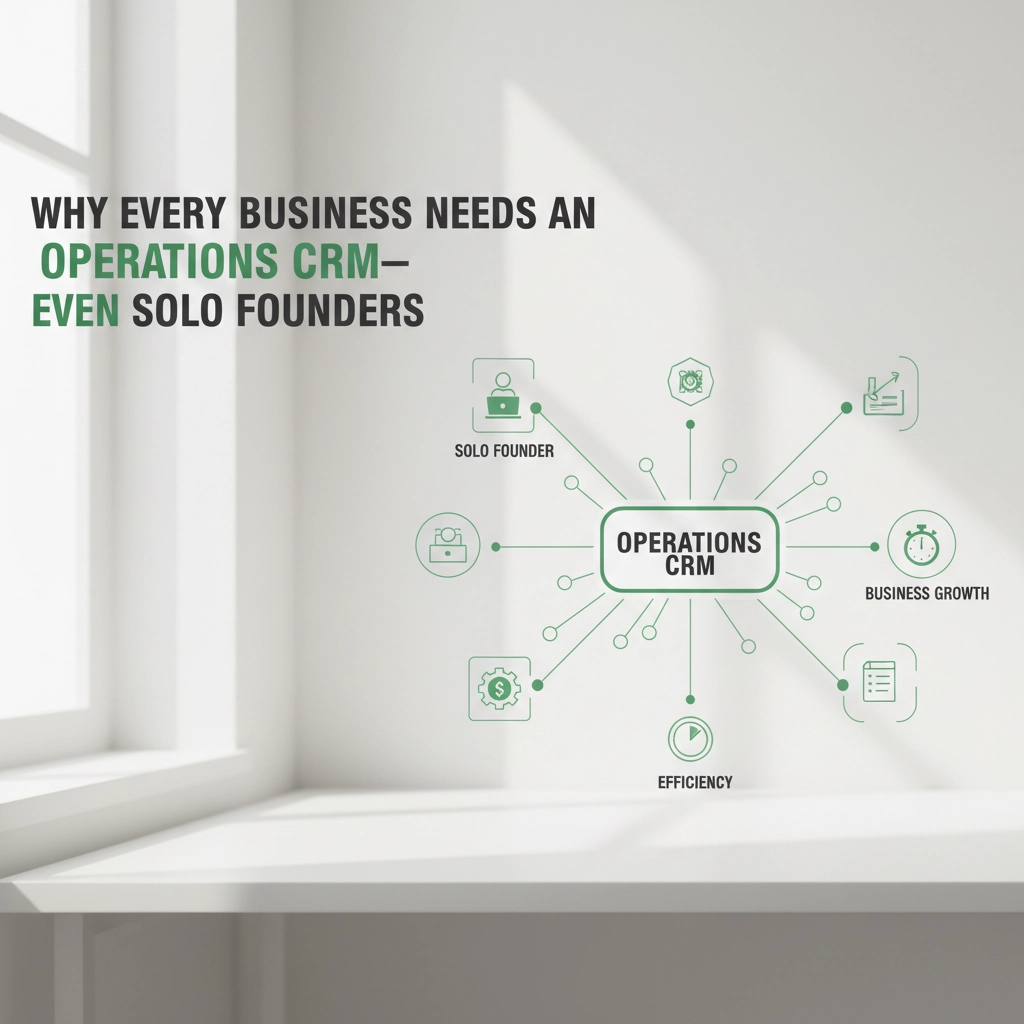Most solo founders think CRMs are corporate overkill designed for massive sales teams… until they see what happens when a one-person operation starts using one strategically.
Here's the reality: while you're juggling client calls, managing projects, handling invoices, and trying to remember who you promised to follow up with last Tuesday, your competitors are automating these exact tasks and scaling faster than you thought possible.
The Solo Founder's Hidden Time Thief
Picture this: you wake up Monday morning ready to tackle that big project you've been excited about. Instead, you spend the first two hours sorting through emails, updating spreadsheets, and trying to remember where you left off with three different prospects. Sound familiar?
This isn't a productivity problem, it's a systems problem.
The average solo founder spends 40% of their time on administrative tasks that could be automated. That's two full days every week spent on activities that don't directly generate revenue or move your business forward.

What Makes Operations CRM Different
Before we dive deeper, let's clear something up. When most people hear "CRM," they think of massive sales dashboards and complex lead scoring systems. An operations CRM is different, it's designed to streamline your entire business workflow, not just sales.
Think of it as your business's central nervous system. Every customer interaction, project update, invoice, and follow-up task flows through one intelligent hub that actually learns your patterns and suggests what to do next.
The Five Game-Changing Benefits for Solo Operations
1. Task Automation That Actually Works
Instead of manually tracking every client touchpoint, your CRM automatically logs emails, schedules follow-ups, and sends reminders. When a prospect downloads your resource, the system immediately adds them to a nurture sequence. When a client project hits a milestone, invoices generate automatically.
The result? You focus on high-value work while routine tasks handle themselves.
2. Customer Intelligence at Your Fingertips
Remember that client who mentioned their daughter's graduation during your last call? Your CRM does. It stores every interaction detail, preference note, and project history in one searchable location.
This isn't just about being organized, it's about delivering personalized experiences that make clients feel heard and valued. When you reference their specific challenges or goals in future conversations, you're not just providing service; you're building relationships.

3. Revenue Opportunities You're Missing
Here's what 91% of businesses with CRM systems discovered: they were leaving money on the table without realizing it. Your CRM tracks patterns like which services generate the highest margins, which client types convert fastest, and when prospects are most likely to say yes.
Armed with this data, you can focus your energy on the most profitable opportunities instead of chasing every lead that comes your way.
4. Professional Credibility That Scales
When potential clients receive automated welcome sequences, detailed project proposals, and timely follow-ups, they don't see a solo founder scrambling to keep up, they see a professional operation they want to work with.
Your CRM becomes your virtual assistant, making your one-person business feel like a well-oiled machine.
5. Stress Reduction Through Predictability
The most underrated benefit of operations CRM? Peace of mind. When your system handles routine tasks, sends automatic reminders, and keeps everything organized, you stop lying awake wondering what you forgot to do.
Real-World Applications That Matter
Let's get practical. Here's how different types of solo founders use operations CRM:
Consultants: Track client progress, automate check-ins, manage multiple project timelines, and send professional reports that clients actually read.
Service Providers: Schedule appointments, send appointment reminders, follow up on quotes, and manage client onboarding sequences that convert prospects into long-term clients.
E-commerce Solo Founders: Track customer purchase patterns, automate post-purchase follow-ups, manage inventory alerts, and identify upselling opportunities based on buying behavior.
Freelancers: Manage project deadlines, track time automatically, send professional invoices, and maintain client relationships between projects so work keeps coming.

The ROI Reality Check
Before you start thinking this sounds expensive, consider the math. The average operations CRM for solo founders costs $20-50 per month. If it saves you just two hours per week (and most users report saving 10+ hours), you're getting a return of 400-1000% on your investment.
But the real ROI comes from the opportunities you capture because you're organized, responsive, and professional. When prospects see that you have your act together, they're 3x more likely to choose you over competitors who seem scattered.
Getting Started Without the Overwhelm
The biggest mistake solo founders make? Trying to implement everything at once. Instead, start with these three core functions:
-
Contact Management: Import your existing contacts and start logging all new interactions in one place.
-
Task Automation: Set up automatic follow-ups for new leads and clients.
-
Basic Reporting: Track where your best clients come from so you can focus your marketing efforts.
Once these are running smoothly, gradually add features like email marketing automation, project management, or advanced analytics.
Looking Beyond Solo
Here's something most solo founders don't consider: the CRM you choose today becomes the foundation for growth tomorrow. When you're ready to hire help, your systems are already in place. Your virtual assistant or first employee can jump in immediately without needing to decode your personal organization system.
Many successful agencies and consulting firms started exactly where you are, as organized solo founders who built scalable systems from day one.

The Time Investment Truth
Yes, setting up a CRM requires an initial time investment: usually 5-10 hours spread over your first month. But here's what happens afterward: you get those hours back every single week, plus the mental clarity that comes from knowing nothing falls through the cracks.
Think of it as the difference between constantly fighting fires and having a well-designed prevention system that keeps small issues from becoming big problems.
Your Next Step
The best operations CRM is the one you'll actually use consistently. Look for platforms that offer free trials, have good mobile apps (since you're probably running your business from everywhere), and include basic automation features without requiring technical expertise.
Most importantly, don't wait until you're "ready" or have more clients. The best time to implement systems is before you desperately need them. Your future self: and your clients: will thank you.
The solo founders winning in today's market aren't just talented; they're systematized. They've turned their expertise into scalable, professional operations that compete with much larger teams.
The question isn't whether you need an operations CRM: it's how much longer you can afford to operate without one.
Ready to explore how professional business consultation can help you implement the right systems for sustainable growth? The investment in organization you make today becomes the competitive advantage that separates you from everyone else still managing their business through scattered spreadsheets and good intentions.

